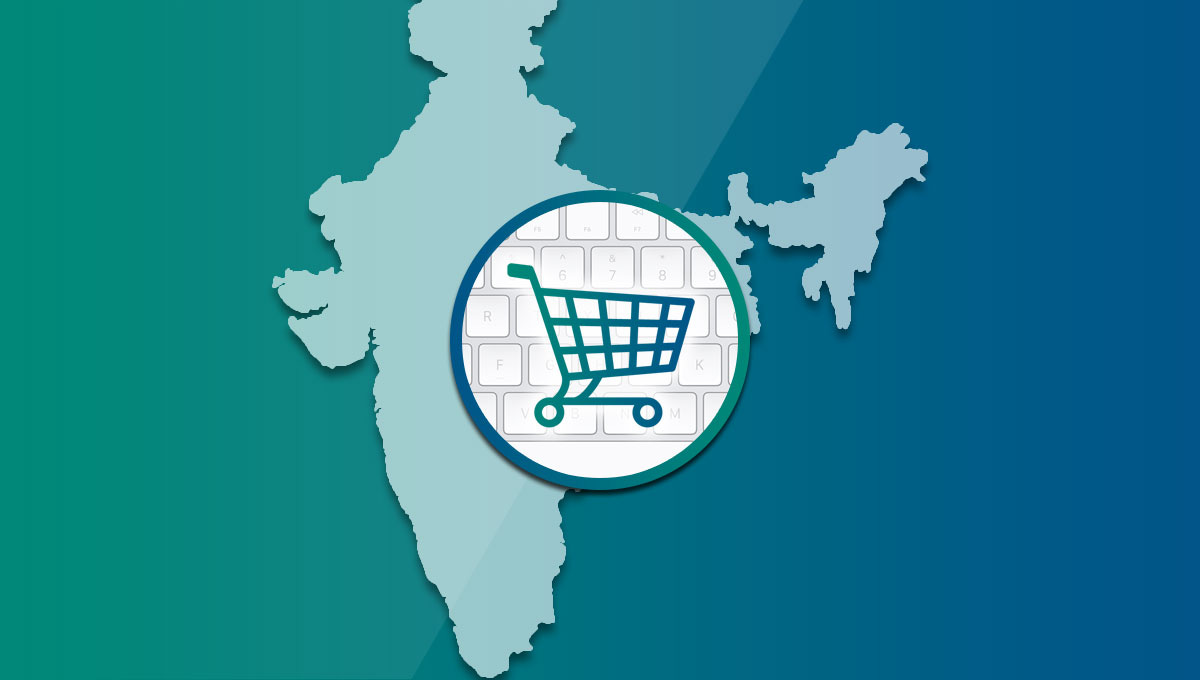The Policy Wrap: RBI focuses on e-payments, Google exec warns against sharing of even 'anonymized' data, and more
The Policy Wrap is ADIF’s weekly newsletter on all things policy in the Indus Valley Ecosystem and beyond. Share your feedback and comments with us at amanat@adif.in.
Data Protection
Non-personal data likely to be dropped from new data law
Non-personal data – or anonymised datasets – are not likely to be a part of the upcoming data protection law currently being finalised by the Ministry of Electronics and Information Technology (MeitY).
The addition of non-personal data to the Personal Data Protection Bill 2019 was recommended by the Joint Parliamentary Committee set up to examine the Personal Data Protection Bill, 2019.
On the non-inclusion of non-personal data, a MeitY official commented:
“The government has been very clear that the data protection law must not create roadblocks or breaks in development of Indian economy.”
There are reports that the government is also working on a separate law for non-personal data.
Google executive warns against sharing of citizen data, even if anonymized
Google’s chief privacy officer, Keith Enright, has warned policymakers that frequent and large-scale sharing of citizen data, even if anonymized, can damage users’ privacy.
Pointing to research that shows data sets lose their anonymity if shared consistently over time, he said:
“I would encourage policymakers and companies to be extremely circumspect while proceeding in that direction.”
On the benefits of a globally distributed cloud, he said that the cloud was optimized for security, availability, and efficiency. However, data localisation retreats on many of those benefits.
Big Tech regulation
Google fined $260,000 for breach of Russian data localisation rules
A Moscow court fined Google 15 million rubles for repeatedly failing to comply with Russia’s law requiring tech companies to localise user data.
Moscow particularly objects to YouTube's treatment of Russian media, which it has blocked.
Anton Gorelkin, Deputy Head of the State Duma Committee on Information Policy in an interview with Reuters said: “Google and YouTube are involved in the information war against Russia.”
Payments ecosystem
RBI releases “Payments Vision 2025” with a focus on e-payments
The Reserve Bank of India (RBI) has released “Payments Vision 2025” with the core theme of ‘E-Payments for Everyone, Everywhere, Everytime’ with an objective to provide every user with safe, secure, fast, convenient, accessible and affordable e-payment options.
The vision focuses on operational and security concerns and states that the integrity of payment systems shall be non-negotiable for buttressing customer confidence.
The activities to be taken up during the period up to 2025 as part of Vision 2025 are captured across five anchor goalposts of Integrity, Inclusion, Innovation, Institutionalisation and Internationalisation.
It talks about ring-fencing of domestic payment systems including the need to mandate domestic processing of payment transactions, in view of the emerging geopolitical risks.
It also proposes working towards the internationalisation of UPI, RTGS, NEFT and RuPay cards.
Startup ecosystem
India ranks 19th among top global startup hubs
India has ranked 19th among 100 countries in the list of top 100 startup hubs of the world in 2021, according to a report by StartupBlink. The same report had ranked India at the 48th position in 2020.
On the other hand, as per the Startup Ecosystem Report 2022, Bengaluru (8), Delhi NCR (13) and Mumbai (17) were among the top 20 most promising startup hubs.
Competition Commission of India (CCI)
CCI orders inquiry against BookMyShow
The Competition Commission of India (CCI) has directed its Director-General to determine whether the conduct of BookMyShow has resulted in “abuse of dominant position”.
CCI was responding to a petition filed by Vijay Gopal, proprietor of Vanila Entertainments, which runs an online movie ticket-selling portal Showtyme.
The complaint against BookMyShow is they have formed an explicit cartel with multiplexes and theatres to thwart business opportunities to other platforms to sell tickets, even when they offer services at 50% less convenience fee than BookMyShow.
E-commerce
Parliamentary Standing Committee on Commerce released a report on “Promotion and Regulation of E-Commerce in India”
The report has called for tighter regulations and their enforcement for e-commerce platforms.
It recommended identifying entities that act as ‘gatekeeper’ platforms and called for amending the Competition Act, of 2002 to set a threshold for the same. It noted international developments in the EU, USA, Germany etc. while doing so.
It also recommended giving broader powers to the CCI, and recommended that it formulate a mandatory code of conduct which would bar practices such as self-preferencing, anti-competitive data usage, etc.
The panel recommended the creation of a separate expert Digital Market Division, within the CCI to regulate e-commerce platforms and bridge gaps in enforcement.
Top restaurant body, ONDC in talks to end 'monopolisation' by Zomato, Swiggy
A top Indian restaurant body held initial talks with officials of the Online Network for Digital Commerce (ONDC) on June 21, according to sources close to the developments. Over the next couple of months, a mix of a few large and smaller restaurants may join the network for a pilot on the interoperable e-commerce network after requisite technology standardisation.
Last year, the National Restaurants Association of India filed information with the Competition Committee of India (CCI) against food tech majors Zomato and Swiggy, claiming that their practices have “appreciable adverse effects on competition". Issues such as bundling of services, data masking, deep discounting, and exorbitant commission were highlighted in the submission.
In the ONDC system, restaurant network partners (RNP) in different areas may solely focus on aggregating restaurants, onboard them onto the network and manage them post onboarding. The RNPs need not worry about building the consumer pipeline and delivery infrastructure as other network partners will focus on those areas.
Government focuses on need for protecting consumers from consolidation of internet-economy
Expressing concern over the growing consolidation of internet-based economic activities among a few companies in many sectors, government said there is a need to protect consumers’ interests and prevent them from being exploited.
Piyush Goyal, Minister for Food and Consumer Affairs while addressing a national workshop for effective and speedy consumer disputes redressal said, “consumer commissions are the only hope for consumers who need justice”.
He highlighted that consumer complaints related to online transactions are rising and pointed out that of the total complaints registered last month on the National Consumer Helpline (NCH), 38-40% pertained to e-commerce trade.
He further said that the growing pendency of cases and delayed justice is a cause of concern which need to be addressed with "collective effort".
Speaking at the event Consumer Affairs Secretary Rohit Kumar Singh said,
“With the consolidation, the power of major players is increasing and there is imbalance in power towards consumers.”
There were 6 lakh cases pending as of March 31, 2022, in the national, state and district consumer disputes redressal commissions despite the overall disposal rate of 89%.





